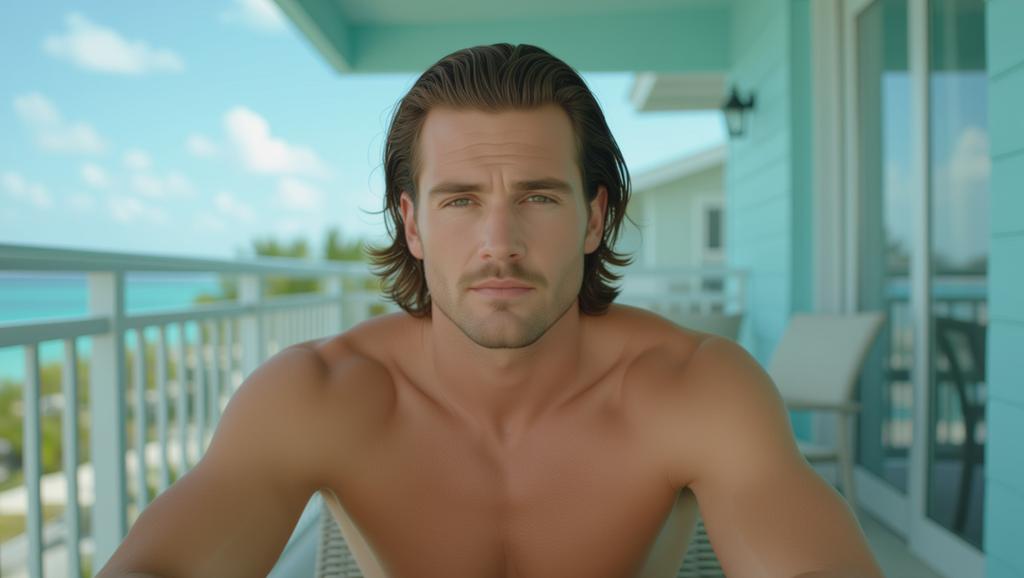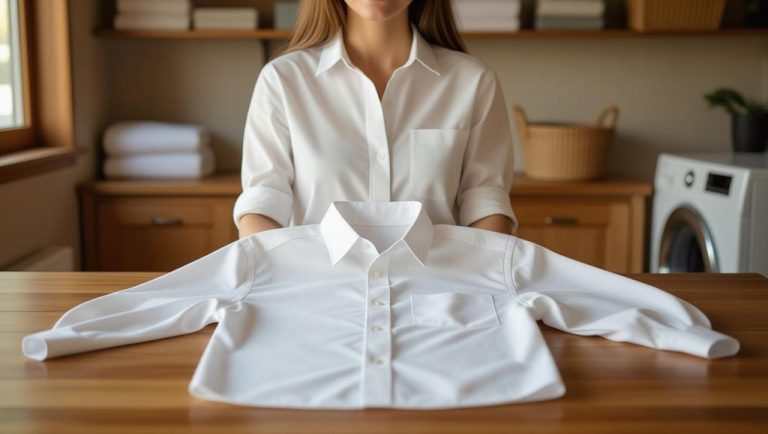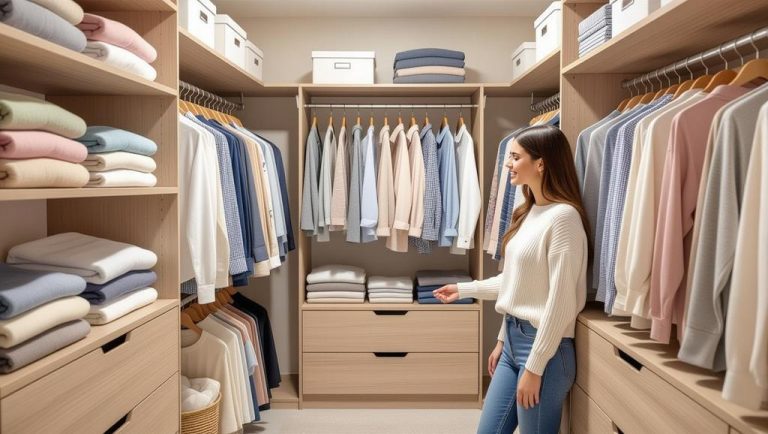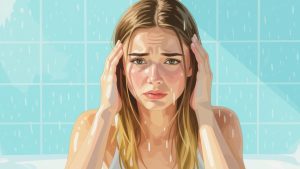Understanding hair drying time
If you’ve ever found yourself wondering why does my hair take so long to dry, you’re not alone. It’s a common frustration, especially when you’re eager to get on with your day. From my own experience, I’ve learned that several factors play into this, and understanding them can really help in speeding up the process.
Factors affecting drying time
The first thing to consider is the porosity of your hair. Hair with high porosity absorbs and retains more water, which means it takes longer to dry. On the other hand, if your hair has low porosity, it might struggle to absorb moisture in the first place, leading to a different kind of drying challenge.

Another key factor is hair density. If you have a lot of hair, it’s like having more surface area that needs to dry. This is why those with thicker, denser hair often spend more time with the blow dryer. The texture of your hair also matters; curly and coily hair tends to trap moisture within its twists and turns, making drying even slower.
Lastly, the health of your hair can affect drying time. Damaged hair might absorb more water, while healthy hair can retain moisture longer, which can be both a blessing and a curse when it comes to drying.
The science behind hair drying
The science of hair drying is fascinating and can really change how you approach your hair care routine. Water evaporates from your hair through a process influenced by several factors, including temperature, humidity, and the airflow around your hair. The more you understand these elements, the better you can manipulate them to speed up drying.
For instance, heat speeds up evaporation, which is why blow dryers are so effective. However, too much heat can damage your hair, so it’s all about finding that balance. Humidity, on the other hand, can slow down drying by keeping the air around your hair moist.
Hair type and drying duration
Your hair type plays a significant role in how long it takes to dry. Let’s dive into the specifics.
Fine hair vs. thick hair
Fine hair generally dries faster than thick hair because there’s less hair to evaporate water from. I’ve noticed that with my own fine hair, a quick blast with the dryer is often all I need. But for those with thicker hair, it’s a different story. The larger strands and greater volume mean more time under the dryer.
Curly hair vs. straight hair
Curly hair can be a real challenge when it comes to drying. The curls create more surface area for water to cling to, which naturally extends the drying time. Straight hair, on the other hand, allows for a more straightforward airflow, making it dry faster. If you have curly hair, you might relate to the struggle of waiting for those curls to dry completely.
Environmental factors
The environment you’re in can significantly affect how quickly your hair dries.
Humidity and its impact
High humidity can be a real pain when you’re trying to dry your hair. The air is already full of moisture, which makes it harder for the water in your hair to evaporate. I’ve found that on humid days, my hair just refuses to dry, no matter how long I spend with the dryer.
Temperature and air flow
Temperature and air flow are your allies in the battle against wet hair. Warmer temperatures speed up evaporation, and good air flow helps whisk away the moisture. That’s why using a blow dryer in a well-ventilated room can make a big difference.
Read more How to style a bob haircut for any occasion
Hair care routines and products
The products you use and your hair care routine can also influence drying time.
Shampoo and conditioner choices
Choosing the right shampoo and conditioner can help manage your hair’s drying time. Lightweight, water-based products tend to dry faster than heavy, oil-based ones. I’ve switched to lighter products and noticed a difference in how quickly my hair dries.
Leave-in treatments and their effects
Leave-in treatments can be a double-edged sword. They’re great for adding moisture and protection, but they can also prolong drying time if they’re too heavy. Look for lightweight leave-in conditioners that won’t weigh your hair down.
Drying techniques
How you dry your hair can make a big difference in how long it takes.
Air drying vs. blow drying
Air drying is the most natural way to dry your hair, but it can take a while, especially for thicker hair. Blow drying is faster but requires care to avoid damage. I usually opt for a mix of both, air drying until my hair is damp and then finishing off with a blow dryer.
Using a diffuser for curly hair
If you have curly hair, a diffuser can be a game-changer. It helps distribute the heat evenly and reduces frizz, making the drying process more efficient. I’ve seen a noticeable difference in drying time since I started using a diffuser for my curls.
Tips to speed up hair drying
Here are some practical tips to help you dry your hair faster.
Towel drying techniques
The way you towel dry your hair can significantly impact drying time. Instead of rubbing your hair vigorously, try gently blotting it with a microfiber towel or an old T-shirt. These materials are gentler on your hair and more effective at removing excess water.
Choosing the right hair dryer
Not all hair dryers are created equal. Investing in a high-quality dryer with advanced technology can make a big difference. For instance, the Dyson Supersonic Nural uses intelligent heat control to protect your hair while speeding up drying.

Common myths about hair drying
Let’s debunk some common myths about hair drying.
Does cutting hair make it dry faster?
Cutting your hair doesn’t necessarily make it dry faster. While shorter hair has less surface area, the drying time is more influenced by factors like porosity and density. I’ve had short hair before, and it didn’t magically dry faster.
Is it bad to sleep with wet hair?
Sleeping with wet hair isn’t ideal, as it can lead to breakage and frizz. However, if you’re in a rush, it’s not the end of the world. Just make sure to protect your hair with a silk pillowcase or a loose bun to minimize damage.
When to seek professional help
If you’re consistently struggling with slow drying times and nothing seems to help, it might be time to seek professional help. A hairstylist can offer personalized advice based on your hair type and needs. They might suggest specific products or treatments that can make a difference.
Conclusion: Embracing your hair’s unique needs
In the end, understanding why does my hair take so long to dry is all about embracing your hair’s unique needs. Whether it’s adjusting your hair care routine, choosing the right products, or mastering the best drying techniques, there’s always a way to make the process more efficient. Remember, patience is key, and your hair’s slow drying time might just be a sign of its health and vitality. Keep experimenting and finding what works best for you, and you’ll be on your way to quicker, healthier hair drying in no time.












